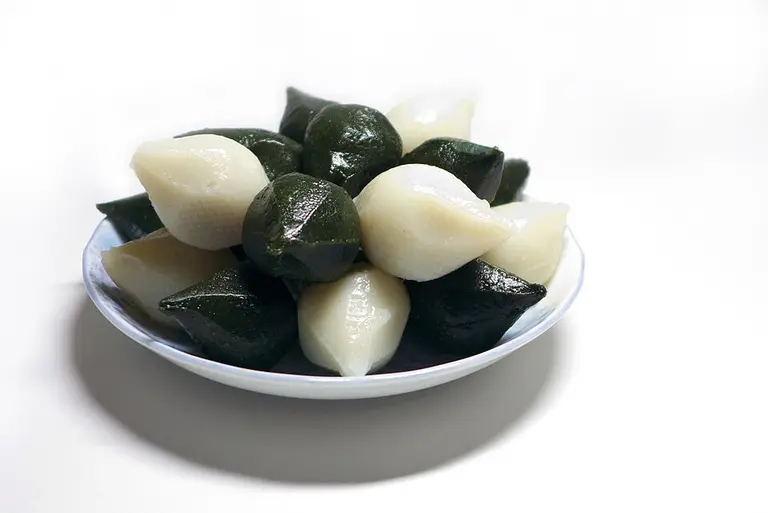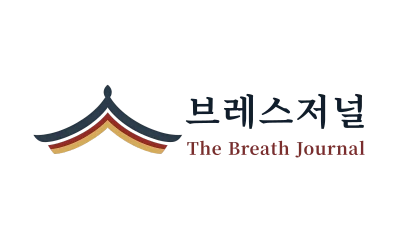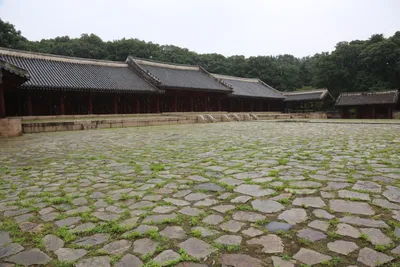
Why Redesign Now?
The way we practice holiday rituals is changing rapidly. According to a survey conducted by the Korea Rural Economic Institute from September 1 to 5, the proportion of households preparing a ritual table has decreased from 74.4% in 2016 to 40.4% in 2025, and even when prepared, simplification is prevalent. This shows that while maintaining the original meaning of the ritual, there is a shift towards reducing excessive items and procedures in everyday sensitivity.
There is also significant simultaneous change from an environmental perspective. The Ministry of Environment and the Korea Environmental Corporation are running the 'Ssg Chari-go Ssg Bi-woogi' campaign from October 1 to 14 to reduce the surge in packaging and food waste after the Chuseok holiday, and are strengthening collection and disposal guidelines with local governments. Additional measures for managing household waste were announced today (September 24) to ensure a cleaner holiday.
The structure of movement also affects consumption and waste. The government has decided to waive tolls on national expressways from October 4 to 7, and the waiver will apply if entering on October 3 and exiting on the 4th or entering on the 7th and exiting on the 8th. As a large movement is triggered, strategies to reduce unnecessary round trips and excessive packaging should be implemented simultaneously.
Without diminishing the meaning of tradition, the ritual table was originally a medium of sincerity and memory. This year’s consumption behavior shows that while maintaining a focus on 'domestic fruits (pear, apple, sweet persimmon, grape)', simplification by reducing the number and quantity of items has become common. At the same time, the variety of imported fruits has increased, leading to more practical compositions. The key is not 'what and how much to offer', but rather restoring the time for families to share gratitude and memories in real language.
Lower Costs, but Increase the Density of Heart
The cost of a ritual for a family of four based on traditional markets is 299,900 won, which has dropped to the 200,000 won range for the first time in four years. The cost at large supermarkets has also slightly decreased. However, merely reducing costs does not lessen conflicts. It is effective to first agree on a budget cap, then determine the ritual elements (short gratitude message, flower offering, simple meal, etc.) that each family wants to preserve, and finally confirm the minimum composition that supports that meaning. This way, leftovers and waste are reduced, and both budget and emotions become lighter.
The table setting should be based on family size and eating habits, focusing on small quantities and single items. Two types of representative fruits and seasonal vegetables, along with a simple staple or soup, are sufficient. It is advisable to avoid large-scale cooking that assumes leftovers, and any remaining food should be stored separately in the refrigerator or freezer on the same day.
Gifts should be bundled with refillable or bulk products in reusable containers, and delivery boxes should be disposed of after removing tape, while contaminated styrofoam should be converted to general waste. In the menu, including one plant-based alternative considering allergies and vegetarianism allows everyone to sit comfortably at the table. The center of the ritual is not the list.
Instead of prioritizing the table setting, sharing a gratitude message of about three minutes and sharing a line about family history with children naturally brings the context of tradition to life. The travel plan should utilize toll waiver information, but reduce unnecessary round trips and lower carbon burdens through carpooling and route rationalization. Right after the holiday, checking collection holidays and dividing the order of washing, drying, and disposal among family members can reduce confusion.
Tradition is not a fixed 'form', but rather a 'breath' that continues over time. A table setting that is less elaborate and more shared, and a ritual that is less wasteful and more memorable, is the most Korean sustainability we can leave behind in 2025.

![[Scenario] 2026 Global Wildfire Calendar: The Unending Cycle of Flames](https://cdn.breathjournal.com/w400/q80/article-images/2025-10-01/83cbd0d7-c7c9-4101-b4f6-e39cff028d87.png)

![[Focused Planning] 2026 Global Wildfire Calendar, Facing a Charred Future](https://cdn.breathjournal.com/w400/q80/article-images/2025-10-01/5be639f5-d684-4605-acb1-e0127c554e7c.png)

댓글 (0)
댓글 작성
댓글을 작성하려면 로그인이 필요합니다.
로그인하기